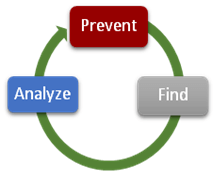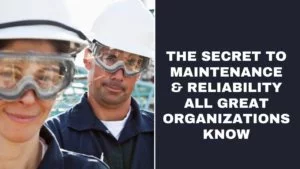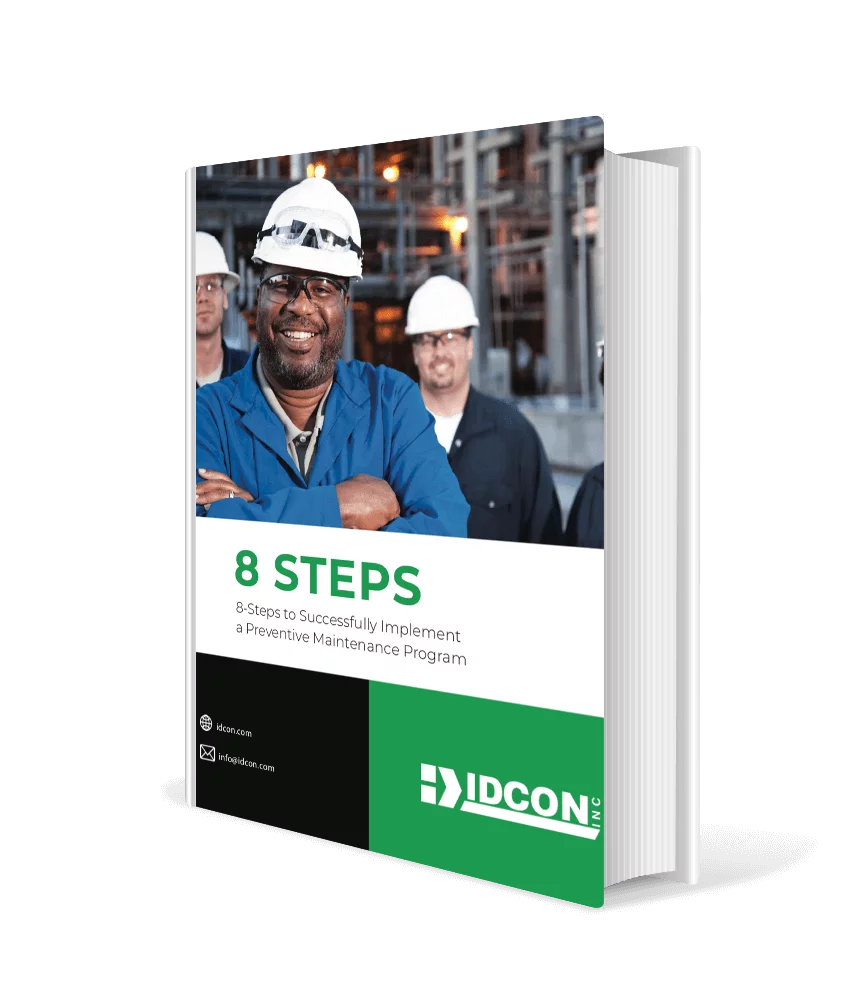During a recent reliability and maintenance conference, we met several new Reliability Engineers telling us they found their job different from what they expected it to be.
Many had graduated as reliability engineers and had learned all about Mean Time To Repair (MTTR), Mean Time To Failure (MTTF), Mean Time Between Failures (MTBF), Weibull charts, Failure Mode Effect Analyses (FMEA),reliability Centered Maintenance (RCM),etc.
All good stuff! But not necessarily the most practical for their day- to-day work
Most of the reliability engineers we’ve met work in chemical, Pulp, Paper, Steel, Food processing and other process industries.
They told us that in their job they rarely used any of what they learned.
Their plant did not even have a policy that included maintainability and reliability analyses and reviews when they specified new equipment.
Some helped planners to document standard job plans, participated in failure investigations, but not with a structured method such as a Root Cause Problem Elimination (RCPE). Some were assigned to set up a Preventive Maintenance program and tried to use RCM but soon found it too complicated.
We have found a gap between what the colleges are teaching a reliability engineer and the real world

To simplify the role for new reliability engineers we suggest following:
1. Prevent problems from occurring.
- – Reliability and Maintainability design
- – Cleaning
- – Lubrication
- – Alignment of components
- – Equipment operating procedures
- – Filtration of lubricants, seal water etc.
- – Storage handling of spares
- – Etc.
2. Find includes early detection of problems
- – Predictive Maintenance
- – Basic inspections
3. Analyze equipment failures and data to propose solutions.
- – Event reports
- – Equipment history triggers
- – Condition Monitoring reports
Close the loop by implementingthe actions can be taken to 1. Prevent and 2. Find problems early.
The real world is about people and reactive behavior not just theory. Just because you have an excellent process documented does not necessarily mean it is followed.
Many organizations are more reactive than proactive which means that many reliability engineers are caught up in this environment and they will not spend enough time on what they should do.
Are your Reliability Engineers Preventing- Finding-Analyzing? or are they doing something else?





